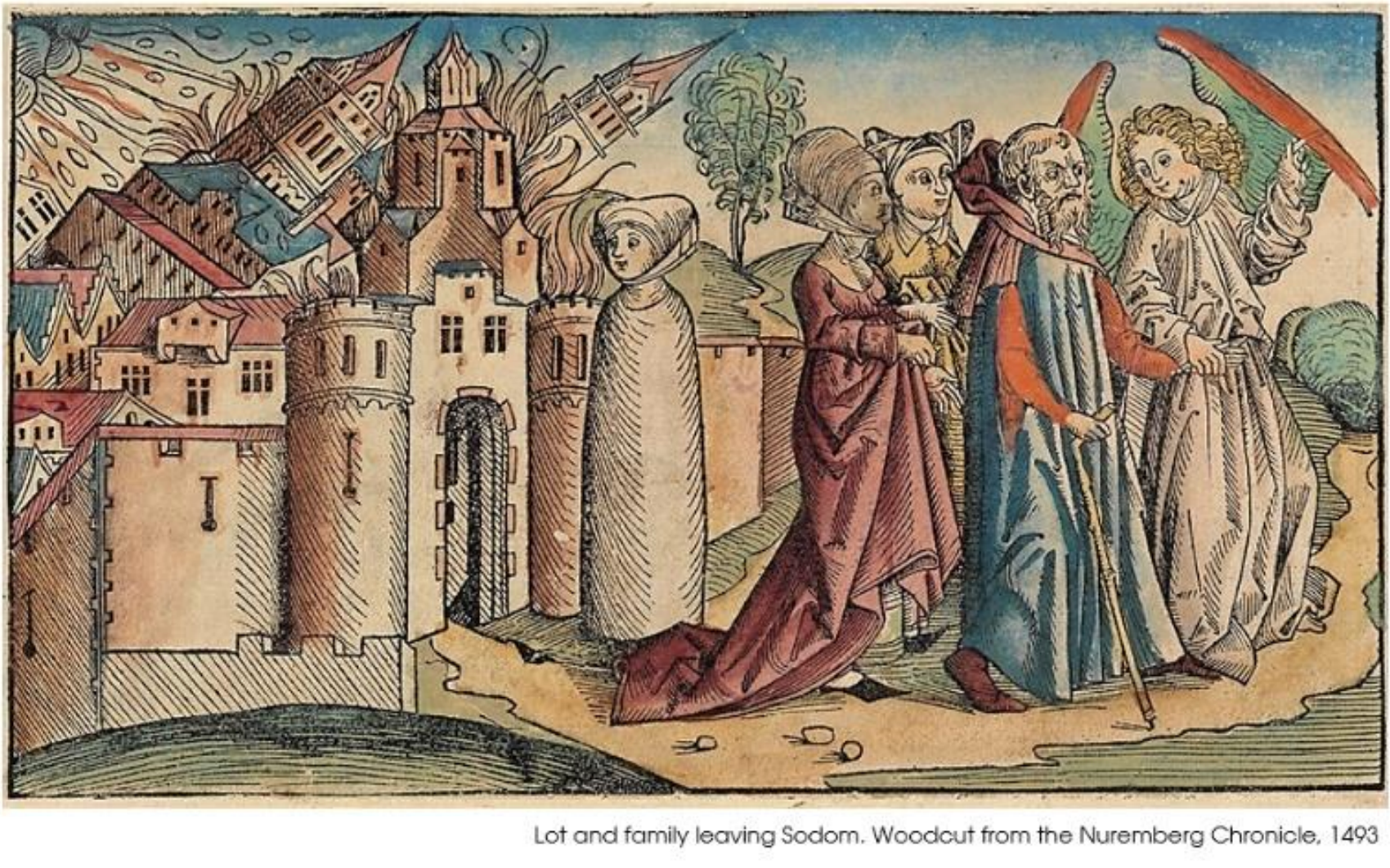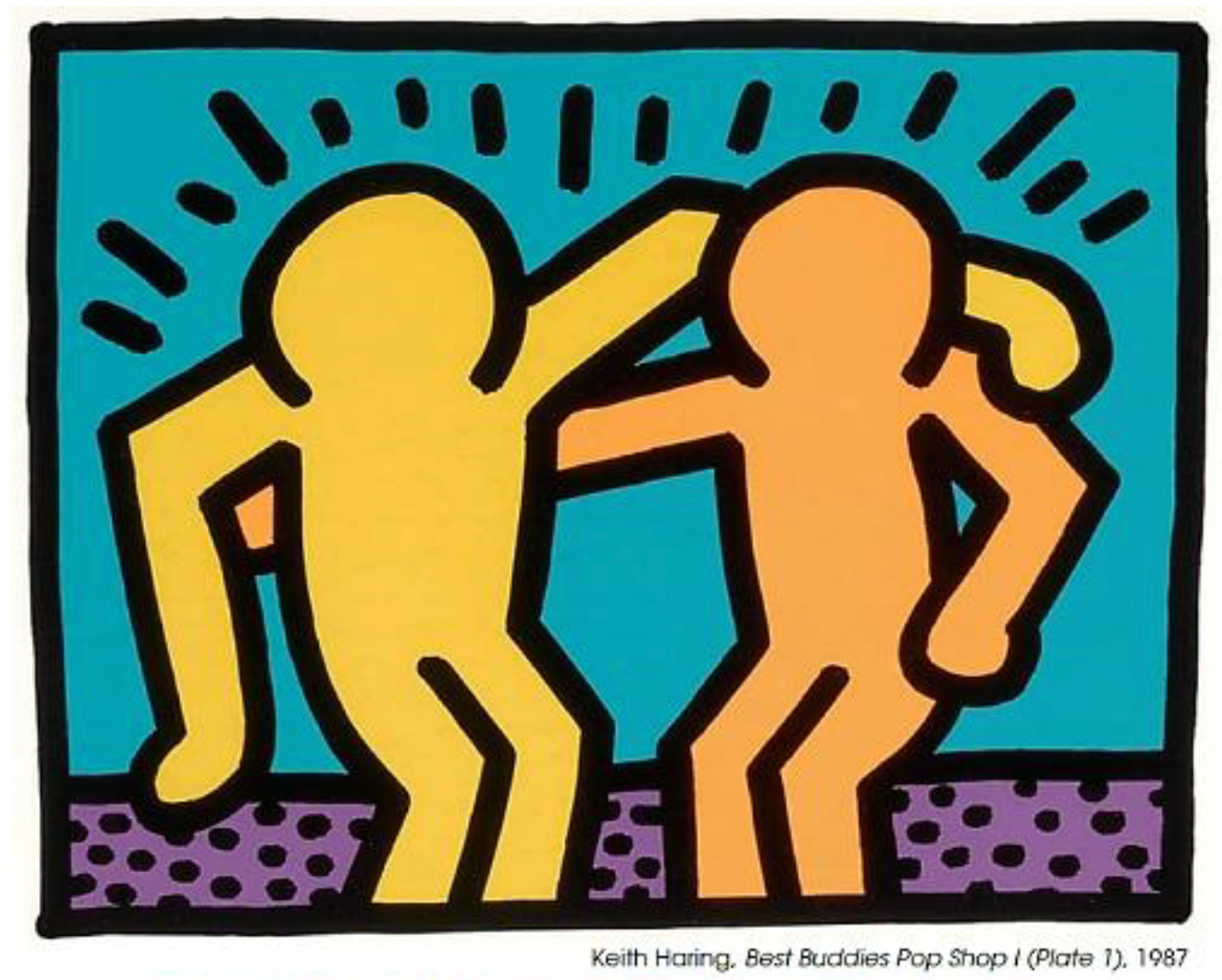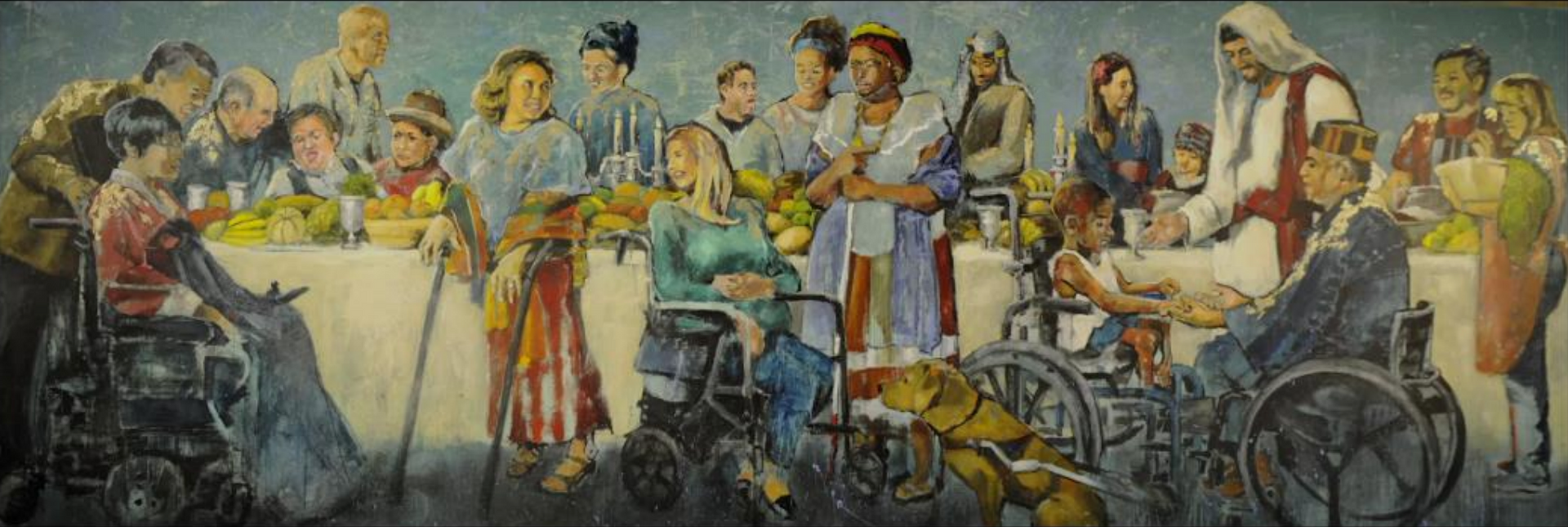How to Talk So Little Kids Will Listen
During my early childhood education classes, I learned about ages and stages of children, developmentally appropriate practices, and family-centered early care and education. The recommended 2017 book, How to Talk So Little Kids Will Listen: A Survival Guide to Life with Children Ages 2-7 by Joanna Faber and Julie King, offers many practical ways for adults to reword our observations and requests of children, so that they will actually hear us and then respond by taking independent or cooperative action. Encouraging children to become problem-solvers and learn a cooperative approach to conflict helps adults and children steer clear of ineffective punishments, as well as conserve precious energy. Faber and King write, “There’s no telling what solution kids will come up with when a problem is put in their hands. When the solution is their own, it will usually work for them. And when you have multiple kids, you have multiple problem-solvers instead of just multiple problems. The larger message is: When there is conflict between us, we don’t need to put our energy into fighting each other. We can combine forces to search for a solution that respects the needs of all parties. The child is an active participant in solving his problems.” (page 127) Adults can also learn to be problem-solvers in ways that differ from some familiar, but unhealthy modes picked up in family of origin settings or in stressed and fear-based communities.
When we model faith-formation behavior for our children, we are showing them non-violent ways to problem solve, help ourselves, and help others. Jesus did not perform miracles to helpless people as an end it itself, he gave them powerful tools to navigate their challenging and judgmental surroundings to nurture a more open-minded framework for including others and accepting oneself with empathy. We make mistakes. Sometimes punishment seems like a quicker, easier way to stop a certain behavior. “Punishment has a short shelf life. Little kids grow quickly. It’s physically difficult to punish a child who is larger and stronger than you are. As children become more independent it becomes harder to enforce punishments. How do you ground a teenager or take away his screen privileges without becoming a prisoner of your own punishment?” (p. 128)
In the book, there are many anecdotal stories of adults and children working things out. There are also examples of ways to rephrase words so the message is not condemning or dismissive. For example, Let’s say your child is going to get their vaccine. #1 Acknowledge Feelings “Instead of, ‘Come on, it’s not that bad. Just let her do it, and it’ll be over.’ Try, ‘It can be scary to think about someone sticking a needle in your arm.’ Instead of, ‘Don’t cry. You’re a big boy. Try, ‘That hurt! You didn’t like that!'” #2 Offer in Fantasy What You Can’t Give in Reality “I wish they could put the medicine inside a lollipop. You’d eat one a day for a week and then you’d never get sick.” #3 Offer a Choice, #4 Give Information (p. 310)
This book will be in the Calvary Library in the Parenting section. The library is next to the chapel and the lounge. Check it out the next time you are waiting for worship to start or after you have picked up your children from Sunday Studio.
The post How to Talk So Little Kids Will Listen appeared first on Calvary Presbyterian Church, San Francisco.











